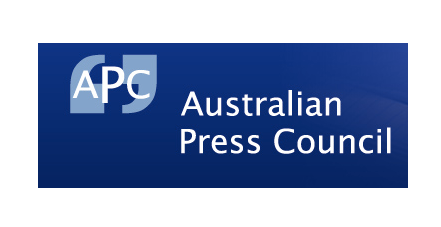Press Council releases guidelines for reporting on people with diverse sexual orientation, gender identity, and sex characteristics
The Australian Press Council has released guidelines for editors and journalists reporting on people with diverse sexual orientation, gender identity, and sex characteristics.
Last month, the Council ruled that The Daily Telegraph breached its standards for an article on Evie Amati, a transgender woman spending at least eight years in jail after attacking three strangers with an axe in a Sydney convenience store in 2017. The Council received complaints on the prominence the article gave to Amati’s transgender status and prejudicial references including: “having been chopped herself”, “a “tranny” and a “previous he”. The story also made references to her former name, “Karl”.



Please STop the flying wig ad – it is not fun – once is enough – shut it down. I normally like unusual advertising campaigns, but really = even the black swans (Australian) must hate being referred to as Eagles.